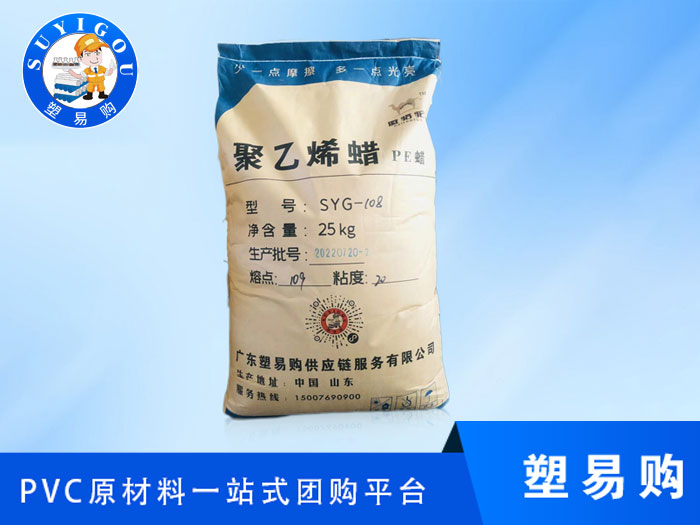According to the degree of processing and refining, it can be divided into three types: fully refined paraffin wax, semi-refined paraffin wax and crude paraffin wax. Each type of wax is divided into different varieties according to the melting point, generally every 2 ℃, such as 52, 54, 56, 58 and other brands. Crude paraffin has a high oil content and is mainly used in the manufacture of matches, fiberboard, and canvas.
Microcrystalline paraffin: Microcrystalline paraffin is mainly composed of outgoing chain hydrocarbons, naphthenic hydrocarbons and some linear hydrocarbons, with a molecular weight range of about 500-1000. This is a relatively fine crystal, soluble in non-polar solvents and insoluble in polar solvents.
Liquid paraffin: There are many types of liquid paraffin, and their lubricating effects are also different. In the extrusion process, the initial lubrication effect is good, and the thermal stability is also good. However, due to poor compatibility, the product tends to become sticky when the dosage is too large.
Polyethylene wax (ACPE for short): Polyethylene wax refers to low molecular weight polyethylene or partially oxidized low molecular weight polyethylene with a molecular weight of 1500-25000. It is in the form of granules, white powder, lumps and milky white wax. It has excellent fluidity, electrical properties and mold release.

Semi-refined paraffin wax: It is a granular white solid whose relative density increases with the rise of melting point. The product has good chemical stability, moderate oil content, good moisture-proof and insulating properties, and good plasticity. Candles produced from semi-refined paraffin have a concentrated flame, no smoke, and no tears. For candles, crayons, wax paper, general telecommunications equipment and short circuit and light industry, chemical raw materials, etc. Chlorinated paraffin
Chlorinated paraffin is a golden yellow or amber viscous liquid, non-flammable, non-explosive and extremely volatile. Soluble in most organic solvents, insoluble in water and ethanol. When heated to above 120℃, it slowly decomposes by itself, and can release hydrogen chloride gas, and the oxides of iron, zinc and other metals will promote its decomposition. Chlorinated paraffin is an auxiliary plasticizer for polyvinyl chloride. Low volatility, non-flammable, odorless, non-toxic. This product replaces a part of the main plasticizer, which can reduce the cost of the product and reduce the flammability. Mainly used for PVC cable material and water pipe, floor material, film, artificial leather, etc.
Contact:
+86 13662789083/Miss zhengContact:
+86 13620073040/Mr. QianAddress:
Dongguan City Zhongtang Town Daxinwei RoadAbout us
-Company Profile -Company image -Video -Customer -Contact usProduct
-Plasticizer -Stabilizer -CPE -Stearic acid -More...Applications
-Resin tile application -Pipe and Fitting Application -Profile application -Cosmetic application -More...News
-Knowledge -Industry -QuestionMobile terminal
WeChat QR code
Applets